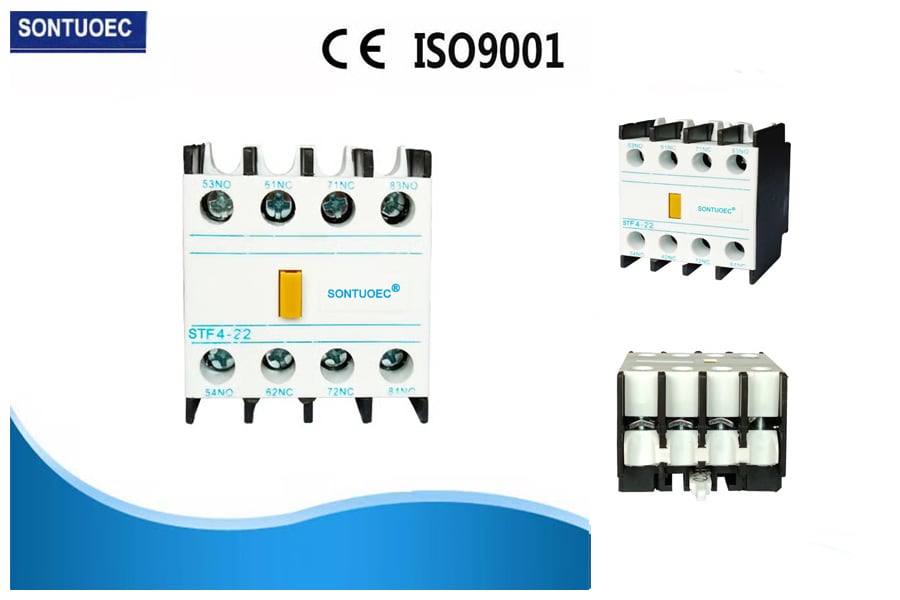A solid state contactor is a type of electrical switching device that is used to control the flow of electricity in industrial equipment. Unlike traditional electromechanical contactors, solid state contactors do not have moving parts, which makes them more durable and reliable.
How Does a Solid State Contactor Work?
Solid state contactors use semiconductor technology to switch electrical loads on and off. When a control signal is applied, the semiconductor switches close to allow electricity to flow through the contactor. This method of switching is more efficient and precise compared to traditional contactors.
Advantages of Solid State Contactors
Solid state contactors offer several advantages over electromechanical contactors, including faster switching speeds, longer lifespan, quieter operation, and reduced maintenance requirements. They are also more compact and energy-efficient, making them ideal for use in a wide range of industrial applications.
Applications of Solid State Contactors
Solid state contactors are commonly used in heating, ventilation, and air conditioning (HVAC) systems, industrial ovens, motor control applications, welding equipment, and other high-power electrical systems. They are particularly well-suited for applications where frequent switching is required.
Types of Solid State Contactors
There are several different types of solid state contactors available, including single-phase, three-phase, and zero-crossing contactors. Each type is designed for specific applications and voltage requirements, so it is important to choose the right contactor for your needs.
Factors to Consider When Choosing a Solid State Contactor
When selecting a solid state contactor, it is important to consider factors such as voltage rating, current rating, switching frequency, control voltage, and environmental conditions. It is also important to ensure that the contactor is compatible with the rest of your electrical system.
Installation and Maintenance of Solid State Contactors
Installing a solid state contactor should be done by a qualified electrician to ensure proper wiring and operation. Regular maintenance of the contactor, such as checking for loose connections and cleaning the contacts, can help extend its lifespan and prevent malfunctions.
Common Issues with Solid State Contactors
Despite their reliability, solid state contactors can experience issues such as overheating, short circuits, and failure to switch. These issues can often be prevented by proper installation, maintenance, and monitoring of the contactor's performance.
Future Trends in Solid State Contactor Technology
As technology advances, solid state contactors are expected to become even more efficient, compact, and cost-effective. Manufacturers are constantly innovating to improve the performance and reliability of solid state contactors, making them an essential component in modern industrial systems.
Conclusion
Solid state contactors are a critical component in industrial electrical systems, offering a reliable and efficient way to control electrical loads. By understanding how solid state contactors work, their advantages, applications, and maintenance requirements, you can ensure optimal performance and longevity of your electrical equipment.
Quote Inquiry
contact us

